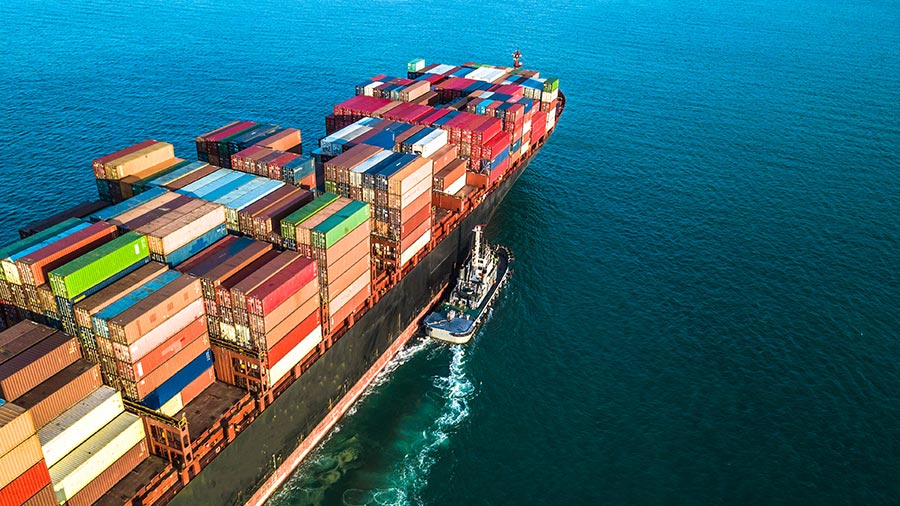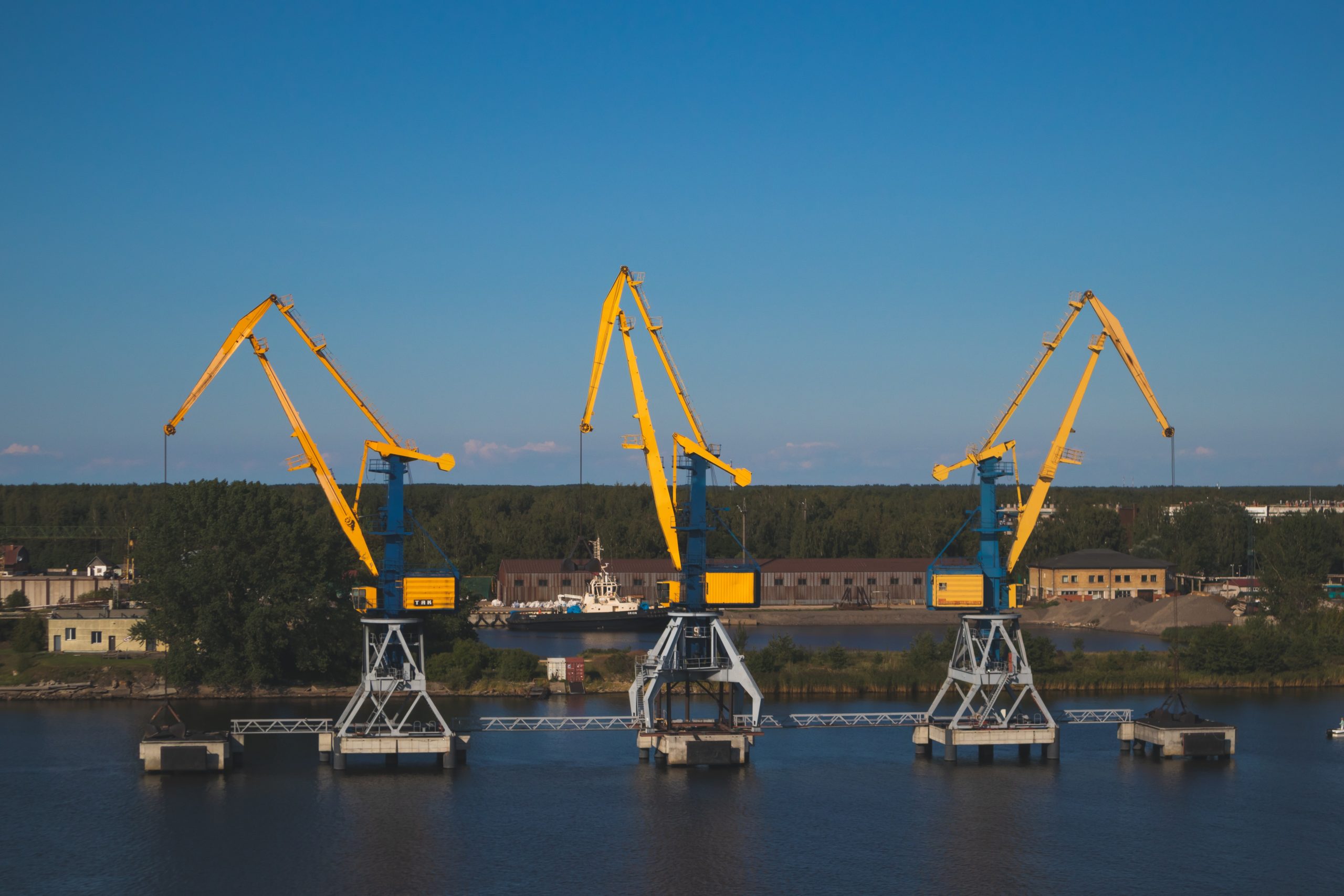With a population of over 2 million people and a GDP valued at USD 23.4 billion, the country is a hub for business owners and foreign investors. It provides investors with a skillful workforce at affordable labor costs and competitive tax rates. Both foreign and local investments are treated equally by the law. The economy is highly dependent on industries such as transportation, information technology, banking, forestry and woodworking, chemicals, pharmaceuticals, etc. The construction industry plays a significant role as well as wood and forestry products, food processing, metalworking, and light industries. The fast-growing tourism sector was dampened by the pandemic and invasion of Ukraine.

Five most profitable industries
There are several opportunities for the expansion of trade in numerous sectors including IT, forestry, manufacturing, woodworking equipment, transportation, agricultural products, etc. The following are four of the most productive business industries in the country.
Information technology
After its independence, the government made an update on all outdated data and telecommunications sectors. Large investments were made in telecommunication and high-speed data transmission networks, and this is still in progress. U.S. companies are currently providing both technology and services to the country with internet and electronic commerce gradually entering the Latvian market. This increases the need for ICT products, services, and support. The total ICT sector turnover is about $4.6 billion, with the sector accounting for about 6% of the nation’s GDP.
Pharmaceutical industry
The primary hospitals and rehabilitation centers present in the country are owned by the state and thus receive financing from the state budget. However, the trading market for pharmaceuticals is done by private businesses. Latvia, Estonia, and Lithuania have signed the Joint Baltic Drug Procurement Agreement. Pharmaceutical companies enter the Latvian market by opening branch offices in Latvia or partnering with local wholesale companies with established brand names and customers.
Forestry and wood processing
The forestry and wood processing industry has long been existing in the republic. With forests covering over 50% of the territory, the republic is one of the most forested EU member states. Of which about half of forests belong to the state. Timber processing happens to be the largest industrial sector in the state and timber products are among its top exports. The domestic sawmill industry possesses strong potential on its own yet with modern technology, machinery upgrades, and modern managerial and marketing techniques, it is estimated to grow faster. Presently, the sector is accounting for around 20% of the state’s export industry, with 80 percent of its products specifically for exportation.
Transportation
Thanks to the country’s resource base and its lucrative location nested between the EU and large markets to the East, the transport sector plays a significant role in the country’s economy. Latvia’s geography, infrastructure, proximity to Russia, and ties with other former Soviet-occupied countries are unique assets valuable to this sector. However, with the present geopolitical changes in the republic, the sector has faced a significant downturn with Russia now diverting cargo to its ports and Belarus switching to Russian ports. This change may have led to the growing appetite of the Latvian logistics sector for alternative suppliers and cargoes. The state has three major ice-free seaports in Riga, Liepaja, and Ventspils. The best prospect in the sector is developing different cargo terminals
Tourism
Before the pandemic, this used to be one of the growing sectors in the state. This was boosted when the government implemented the EU Open Skies policy and incentives for air carriers to attract more passengers to Riga International Airport (RIX). As of 2019, more than seven million people flew via the RIX as the airport was setting itself to be a regional hub. The republic is rising as a global destination and annually attracting new tourists. World brands such as Accor Hotels, Kempinski Hotels, Hilton, and Marriott have also entered the Latvian hospitality market. Although this market is still growing, business owners can search for a niche for their products.
You can also find these articles helpful
Solopreneur business ideas
Steps on planning a successful business
Starting a food industry business in Latvia







